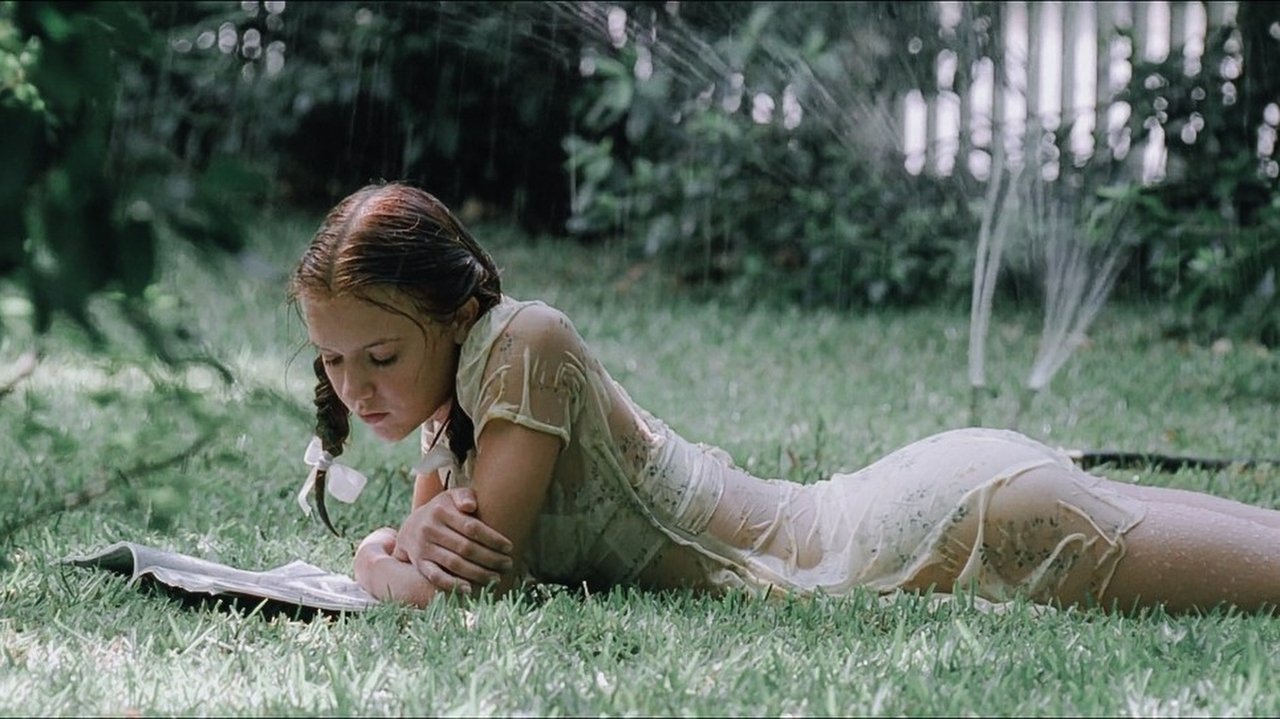Welcome to this movie review of Lolita (1998), a film directed by the controversial maestro, Adrian Lyne. This blend of drama and romance is akin to marmite—you'll either find it intensely fascinating or deeply troubling. Starring the eloquent Jeremy Irons and the enigmatic Dominique Swain, Lolita spins a story that dances on the edge of propriety and obsession. But let's be honest—what did you expect from the novel by Vladimir Nabokov? It’s meant to stir the pot!
So, what's at the heart of Lolita? An English professor's ill-fated infatuation with a minor might sound straightforward, but oh boy, the layers under this controversial plot could make an onion blush. Sure, it's uncomfortable, but so are most things worth discussing. Here, the battle between morality and desire claws out of every scene. Throughout this movie, you're trapped in this morally complex narrative, feeling like you should look away but captivated where you can't. All the while, telling yourself—"I should not be watching this, but what now?!”—Lyne masterfully unravels this chaotic tangle of emotions right in front of your eyes.
Onto the technical brilliance—or not? Jeremy Irons delivers a hauntingly articulate performance as Humbert Humbert. He captures the character's tormented psyche, making it one of those roles that stick to your mind like gum on a shoe—you won’t shake it off anytime soon. On the other hand, Dominique Swain as Lolita doesn't just play a character; she embodies a motif of innocence tainted by a complex world. Then there’s Melanie Griffith, playing Lolita's mother—she manages to hold her scene-stealing ground. The cinematography, however, is quite a rollercoaster. At times, it's mesmerizing, drawing you into the lurid world Adrian Lyne crafts; other moments feel unnecessarily vivid like a bad neon sign in the wrong part of town. Yet, the screenplay, adapted by Stephen Schiff, navigates through Nabokov's dense prose with surprising nimbleness.
Feeling adventurous for comparisons? Lolita shares thematic siblings with films like Damage and The Reader—portrayals of forbidden love advents and moral spirals. Yet, Adrian Lyne's version veers into its own territory—a maze sprinkling discomfort without asking for permission. It's a movie that doesn’t sit comfortably alongside typical romance-drama flicks. While something like Atonement can be appreciate for subtle narrative finesse, Lolita (1998) drums the drum of psychological tension.
If you're the sort that savors films that ignite conversation, question norms, and candidly explore humanity's flawed underbelly, then, you betcha, Lolita (1998) is a must-watch film. Though not everyone’s cup of chamomile, it’s undeniably a cinematic masterpiece if you weigh the nerve it takes to adapt such a contentious novel. Fair warning, grab some popcorn—and perhaps your curiosity hat—because you're in for a wild ride of that little magical thing we call cinema. Buckle up and get ready to dissect, discuss and debate this complex array of cinema.

